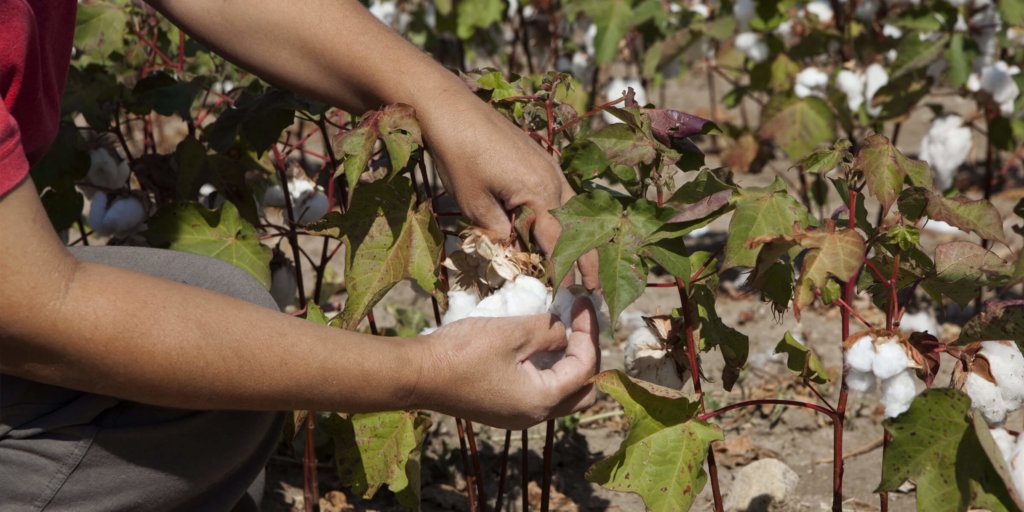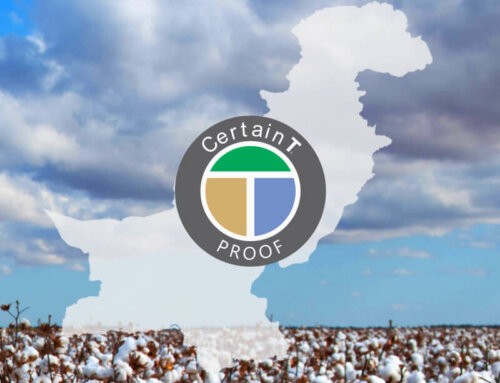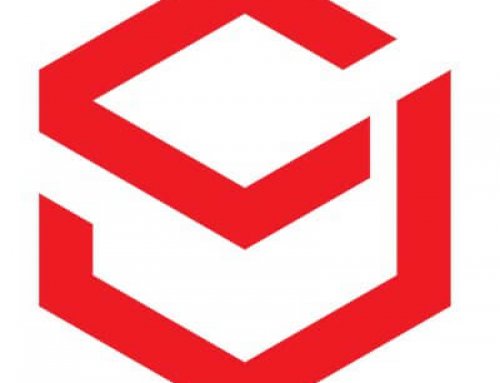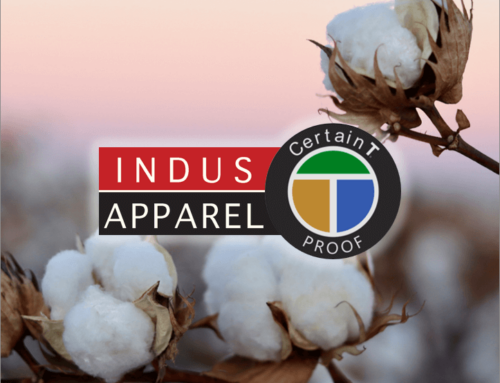
September 14, 2017 | Reposted from PimaCott.com
With an annual crop of 850,000 metric tons, the central Asian country of Uzbekistan is the world’s sixth largest producer of cotton. But its success has come at a devastating human cost.
The Issue: State-Sanctioned Servitude
Uzbekistan’s economy relies heavily on the export of a variety of natural resources, but none so much as cotton. Cotton is the nation’s number one cash crop, accounting for nearly 20% of all exports. The Uzbek people even have a nickname for cotton that means “white gold.”
Cotton is so vital to the Uzbek economy, its production has been state-controlled since 1989. Under this system, the government forces its citizens — men, women, and children — to grow and harvest cotton. The more pickers in the field, the greater the yield. Here’s a brief overview of how it works:
Indentured farming: The state leases land to cotton farmers but controls all production decisions, threatening farmers with land seizure, fines, and criminal penalties if they fail to meet government-set quotas.
Forced labor: At harvest, the Uzbek government conscripts more than a million citizens to pick cotton in dangerous, unsanitary conditions. Forced laborers include children as young as nine. Schools even close during the harvest season, so students and teachers can work in the fields.
It’s little wonder that in 2016, the U.S. State Department ranked Uzbekistan in the lowest category for tolerating human trafficking and forced labor.
Industry Efforts: Taking a Stand
The problem of Uzbek cotton has been exposed via reports from the International Labor Organization and Human Rights Watch. Fortunately, the resulting international outrage and industry outcry seem to be having an effect.
In 2012, Uzbekistan’s prime minister, Shavkat Mirziyayev, issued a decree banning children from working in the cotton fields. However, multiple organizations have reported that Uzbekistan is now increasing mandatory participation of adults to offset the loss of its child work force. And in some regions, the use of child labor reportedly continues.
In an effort to further pressure the Uzbek government to change its ways, the Responsible Sourcing Network created the Cotton Pledge, a boycott on Uzbek cotton signed by 274 companies, from Adidas to Zara. It states a “firm opposition to the use of child and adult forced labor in the harvest of Uzbek cotton.” Furthermore, these companies commit to “not knowingly source Uzbek cotton for the manufacturing of any of our products until the Government of Uzbekistan ends the practice of forced child and adult labor in its cotton sector.”
The Consumers’ Role: Demanding Responsible Sourcing
The problem of Uzbekistan cotton raises three central questions for consumers: “Where does this stuff come from? What goes into it? And how was it produced?”
To ensure your cotton products don’t use Uzbek cotton, you can review the list of companies that have signed the Cotton Pledge. Or you can purchase cottons that are tracked through every stage of production, like PimaCott.
At PimaCott, we tag and trace our pima cotton from the time it leaves our farms in the San Joaquin Valley to the time it becomes your favorite sheet or shirt. Our proprietary tracking technology gives us visibility into the entire supply chain, from cotton seed to store shelf, so you can take comfort in the fact that you’re getting a fair, honest, and ethical cotton grown by our family of trusted farmers.




